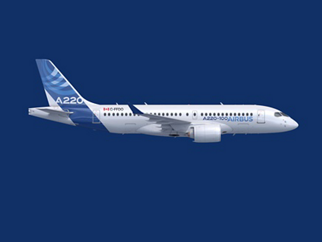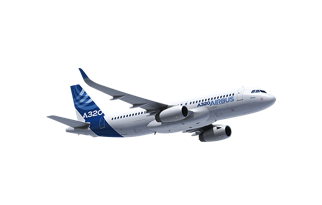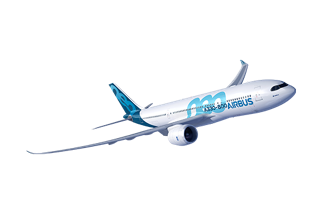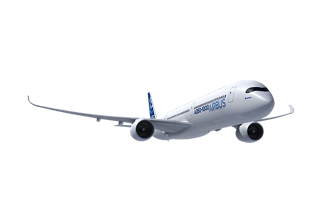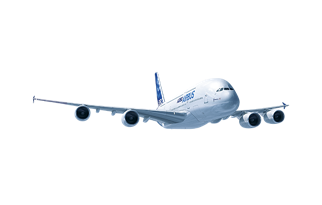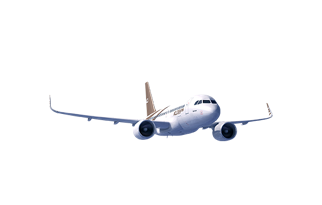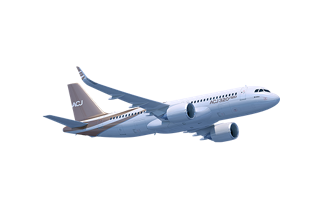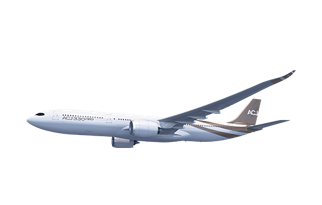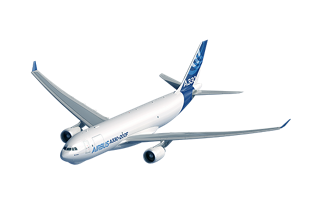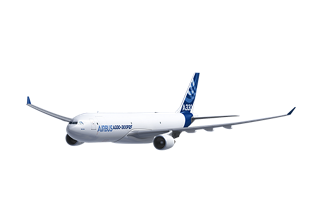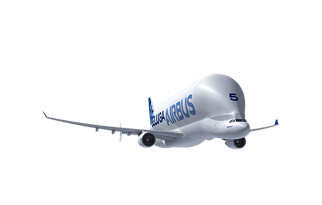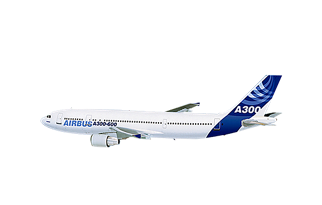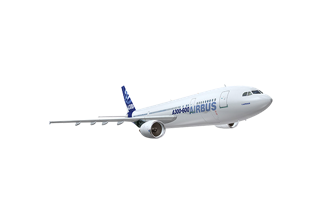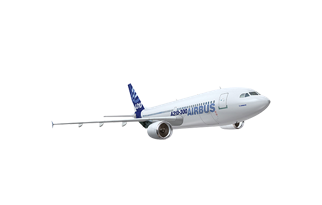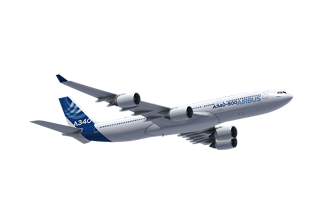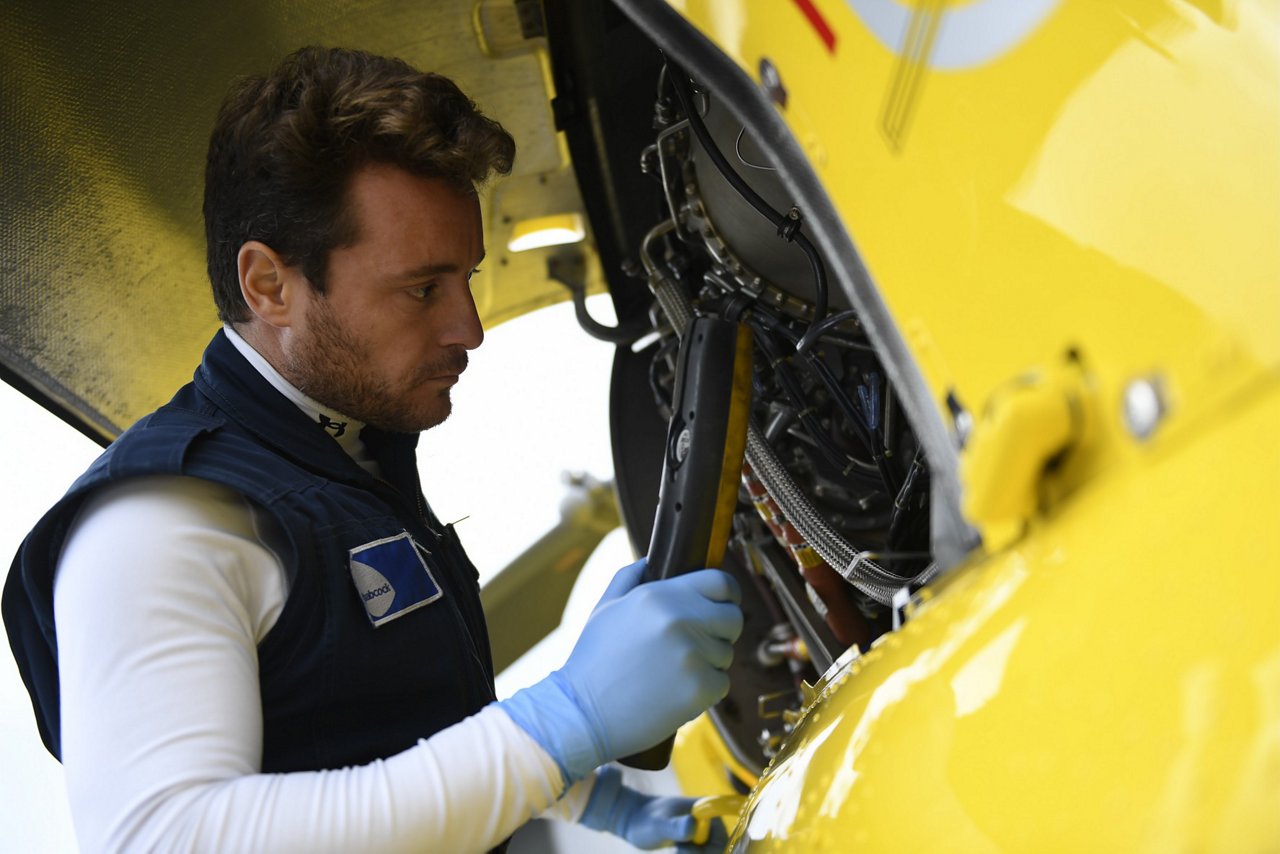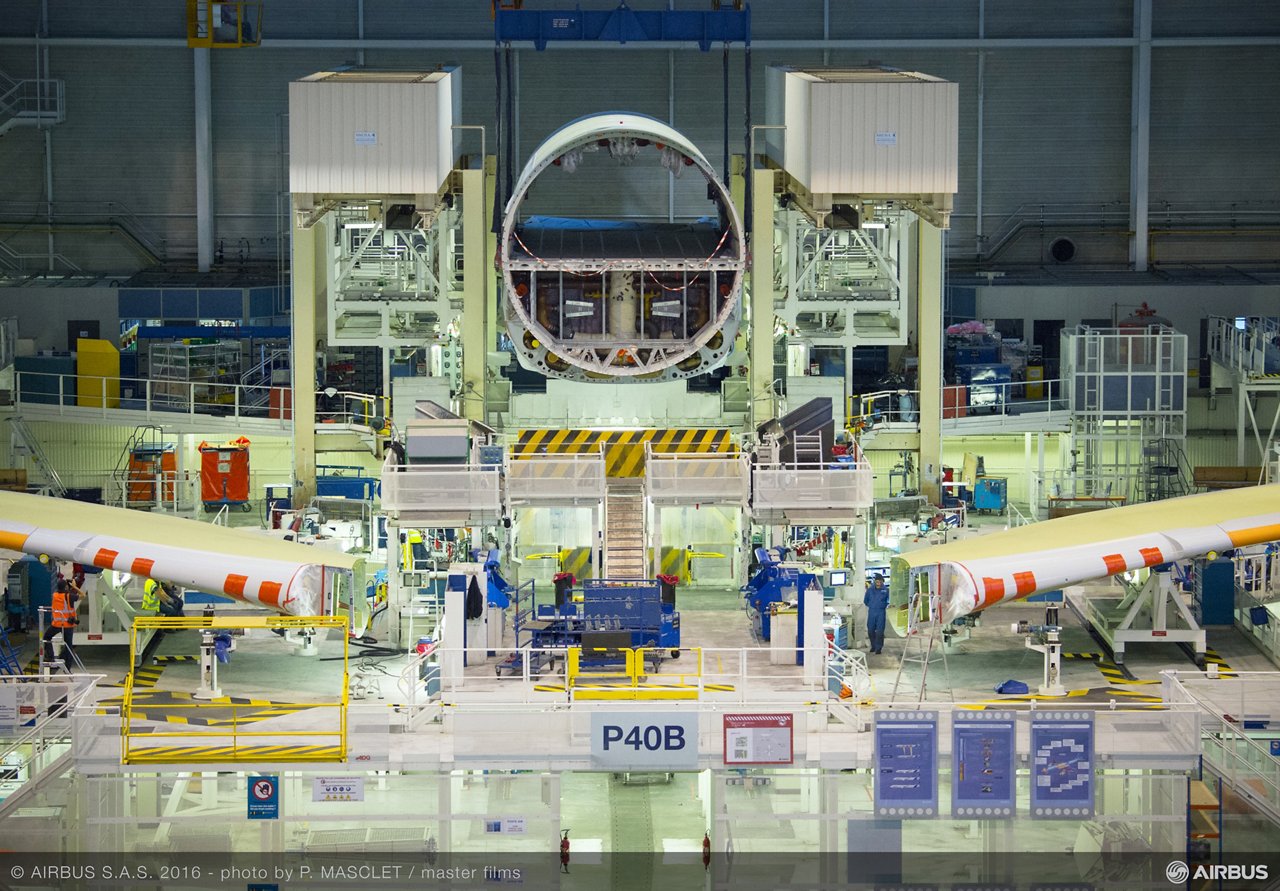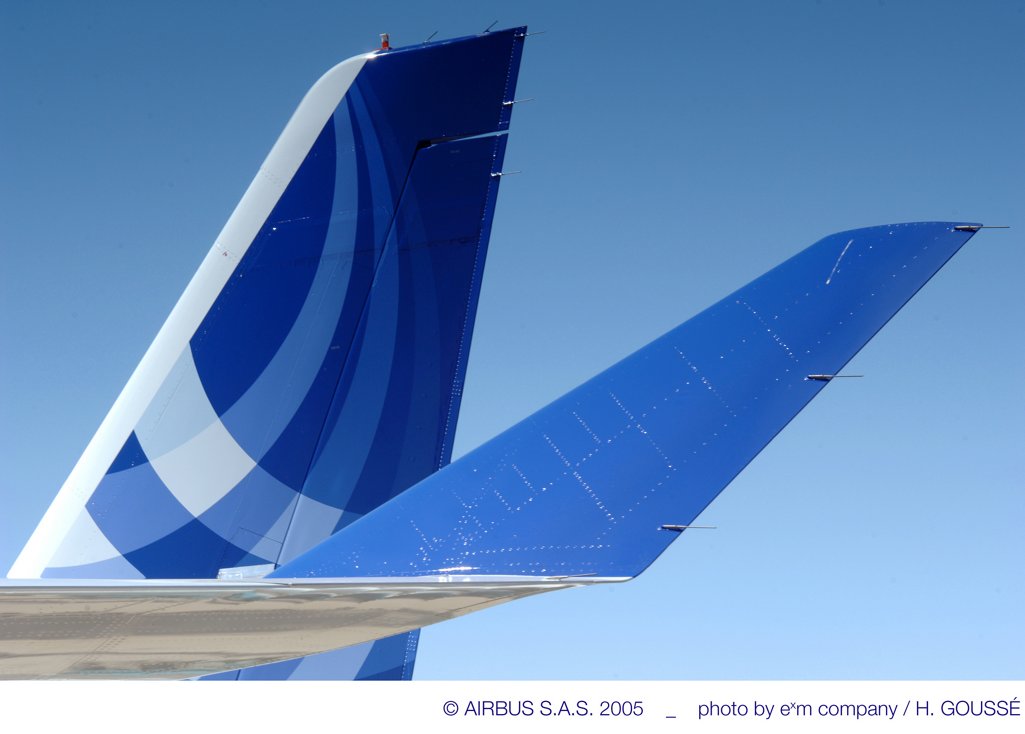
Environment
Passenger Aircraft
From decisions made at the highest levels to those taken during day-to-day operations at its facilities around the globe, environmental concern is a major consideration at Airbus.
A significant part of this focus involves the jetliners themselves: the company’s latest products – which include the A220, A320neo, A350 and A380, along with the new A330neo – are all highly fuel-efficient, delivering savings to operators while also reducing CO² emissions.
To further reduce the environmental impact, a “cradle-to-cradle” approach has been adopted by Airbus designers – who are developing products and technologies that take into account the entire lifecycle of an aircraft, from design all the way through to recycling and re-using.
Learn more about product responsibility at Airbus
Airbus’ extensive efforts to reduce aircraft noise are underscored by its efficient jetliner families – the quietest in the sky – ensuring operational freedom at airports with noise restrictions. Leading the way is the A380, which carries 42% more passengers than its nearest competitor but produces 50% less noise energy on departure, as well as three-to-four times less when landing.
The company places a high priority on noise reduction throughout its design processes, and is focussed on low-noise nacelle designs, acoustic treatment and low engine noise technologies in cooperation with engine manufacturers. Developments in this area include the Automatic Noise Abatement Departure Procedure (NADP), which optimises the thrust and flight path to reduce noise over populated areas.
Airbus supports the new noise stringency level adopted in February 2013 by the International Civil Aviation Organization (ICAO) Committee on Aviation Environmental Protection – which lowered the current standard by seven decibels, coming into effect at the end of 2017. All Airbus development aircraft are designed to be compliant with the new standard.
